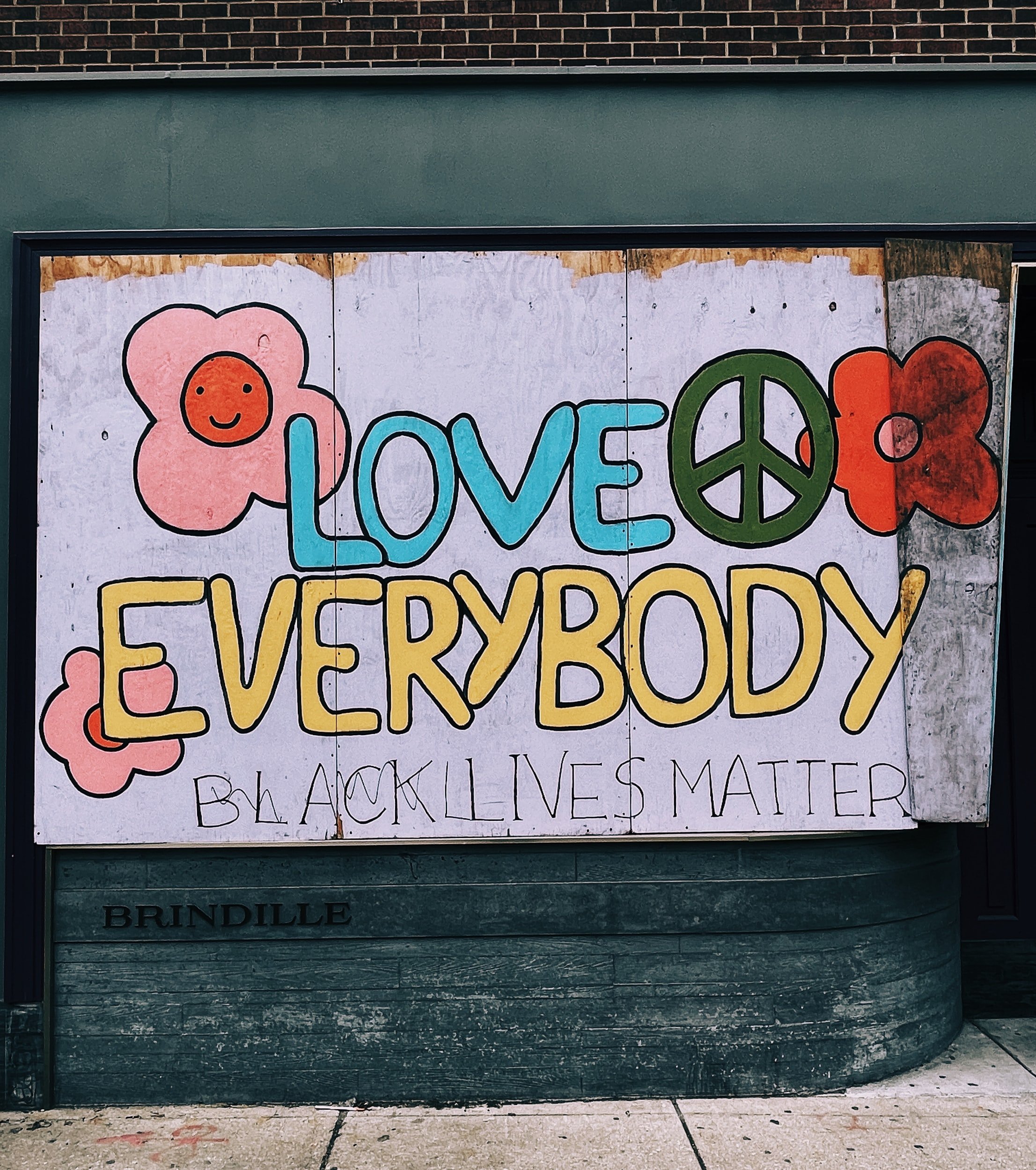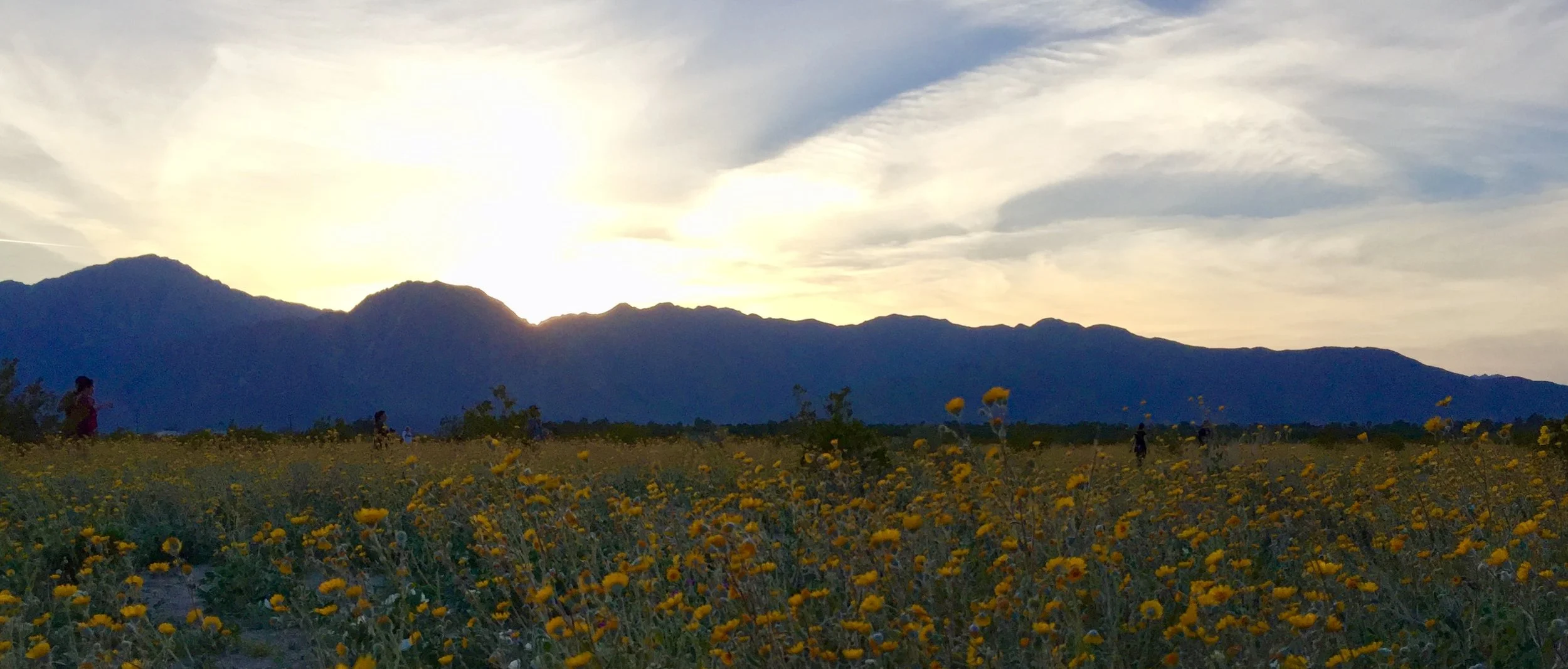I found myself in the greeting card aisle again.
Mother’s Day approaching, the shelves bursting with flowers, glitter, and scripted words that felt like they were shouting at me.
A wall of pinks and pastels.
Heartfelt declarations.
And a quiet knot forming in my stomach many years ago now.
I picked up a card that read:
"Mom, you’ve always been my rock, my soft place to land."
Not quite.
Another:
"Your unconditional love has shaped every part of who I am."
Nope.
And then:
"You’ve loved me perfectly from the very beginning."
I had to set that one down fast. Each card felt like a betrayal of truth.
Too much.
Too sweet.
Too far from my experience.
Not because my mother and I didn’t love each other deeply.
But because the love we shared was complicated, and for many years, hard-won.
That’s what so few people talk about when it comes to Mother’s Day. That for a lot of us, the day brings up more than brunch and roses.
It brings up longing.
Confusion.
Sometimes grief.
And yet—dominant culture doesn’t really make room for that.
There’s no card that says:
"I see the effort you made and I’m still healing from what you couldn’t give."
Or,
"Happy Mother’s Day. We’ve come a long way."
Eventually, I found a plain card with just three words on the front:
Happy Mother’s Day.
No butterflies.
No florals.
No declarations of eternal closeness.
It felt simple and honest.
Not syrupy.
Not performative.
A gesture that acknowledged duty, and yes, love—but didn’t deny reality to get there.
That, I realized, was the most loving card I could offer.
One that honored the truth of the past and the boundary of the present.
And if you’ve ever stood in a card aisle with that same sinking feeling,
I want you to know:
You’re not broken.
You’re not ungrateful.
You’re not alone.
The tension you feel? That’s real.
And it’s not just you.
So many of us walk the line between gratitude and grief when it comes to our mothers. Especially those of us doing trauma-informed healing work.
For me, that healing changed everything.
I became my mother’s caregiver at the end of her life. And in that sacred space, we found something new—
forgiveness,
closeness,
deep recognition and mutual appreciation.
It didn’t erase the pain of the past, but it let love come through anyway.
I saw her not just as a mother, but as a woman.
A soul doing her best with the tools she had.
And with that shift, something opened in me.
I was no longer waiting for her to become what I needed: I was becoming that for myself.
That’s the real miracle of healing.
You stop trying to rewrite the old story,
and instead learn to be the kind of parent you always longed for.
Not just with your head,
but in your body.
In your spirit.
You learn to listen to your own needs.
To offer tenderness without self-abandonment.
To hold boundaries with kindness and strength.
This is the quiet, powerful work of re-mothering.
And it’s available to all of us—especially on days when the world wants to hand us someone else’s script.
And here’s something else we don’t talk about enough:
A complicated relationship with your mother can also impact how you relate to other women.
Sometimes it shows up as distrust.
Sometimes comparison.
Sometimes fear of intimacy.
That’s why being in spaces with boundaried, self-nurturing women can be so reparative.
It shows your nervous system a new template.
A new possibility.
Women who listen.
Who don’t demand you shrink.
Who hold space for your truth and theirs.
That’s what we practice together—in my 1:1 work and at my group offerings. We gather as we are, healing our wounds not just through words and intentions, but through embodied experience.
If this Mother’s Day feels tender, here are three ways to parent yourself with love:
1. Listen to your body, not the greeting cards.
Your nervous system might be carrying old imprints: tension, dread, longing, guilt.
Instead of pushing them away, try pausing and noticing what’s true in your body.
Put your hand on your heart.
Breathe.
Ask yourself, What would a loving parent do right now?
Even just witnessing your body’s truth with compassion is an act of healing.
2. Protect your energy with clear, kind boundaries.
You don’t have to attend events that feel performative.
You don’t have to pretend to feel something you don’t.
And if your mother (or her memory) still carries pain, you can bless her and still choose space.
Boundaries (no matter what culture we are from) are a form of love—especially when they keep you grounded in what’s real.
3. Offer yourself what you most needed and never got.
Did you need tenderness?
Encouragement?
Consistency?
Someone to remind you that you are good, worthy, safe?
Start there.
Write yourself a note.
Make your favorite childhood meal.
Light a candle and say the words you always wished someone would say. Be the mother now.
The one who sees you, believes you, celebrates your growth.
Mother’s Day doesn’t have to be about pretending.
It can be about honoring.
Honoring your mother for what she gave.
Honoring yourself for what you survived.
And honoring the work you’re doing now to become more whole, more free, more you.
That’s something worth celebrating.
And it doesn’t need glitter to shine.
Ready to give yourself the gift of nurturing, care and support this year? Join my intimate 7-night retreat this August in Greece. Get the details and celebrate yourself here.










